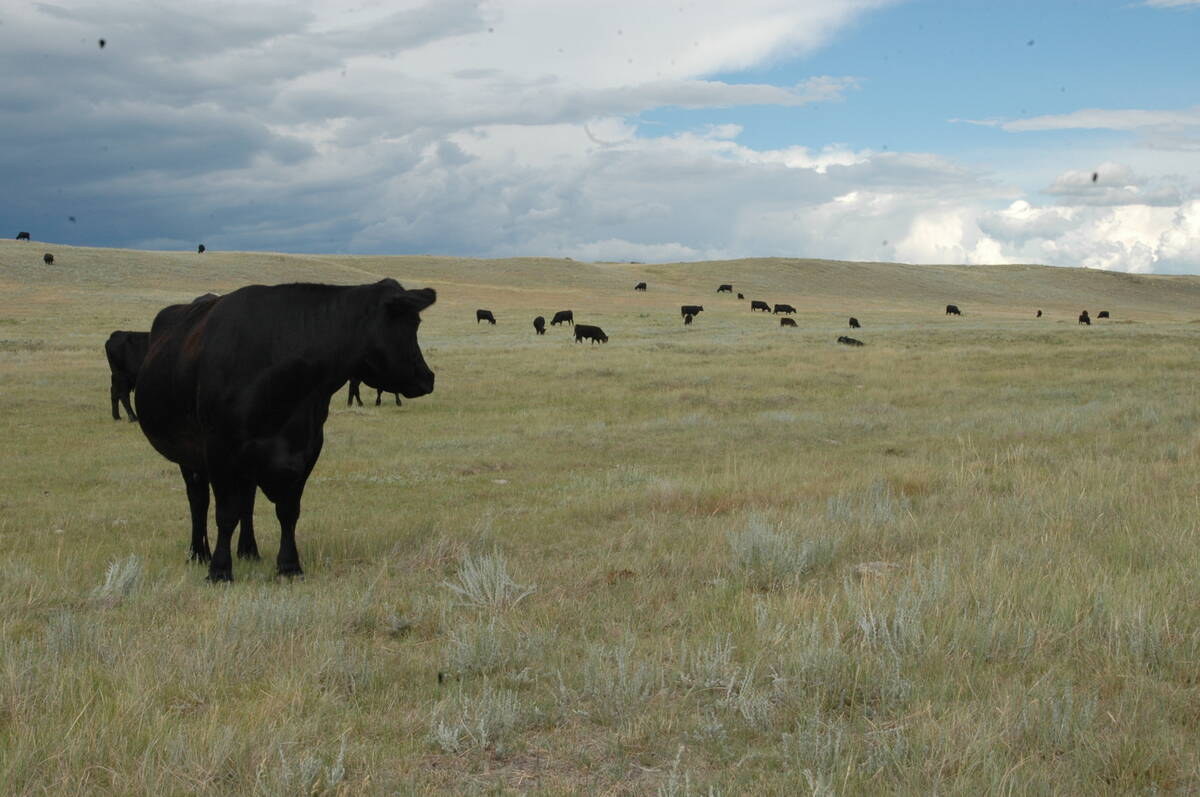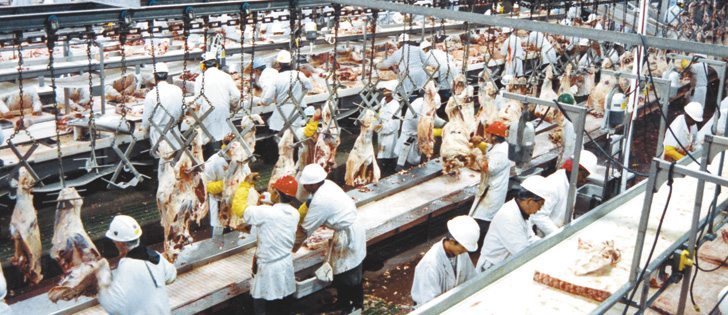Canadian livestock exporters are praising a deal that will pry open the Russian border, creating close to $50 million in export opportunities for beef and sheep.
On Oct. 13 during a trip to Moscow, federal agriculture minister Gerry Ritz announced that the Russian market is now open to beef from cattle younger than 30 months. It completes an agreement-in-principle signed in the summer by trade minister Stockwell Day.
Ritz also received a commitment to quickly agree on rules for beef from cattle older than 30 months and for sale of beef offal.
Read Also

Saskatchewan Cattle Association struggles with lower marketings
This year’s change in the provincial checkoff has allowed the Saskatchewan Cattle Association to breathe a little easier when it comes to finances.
“That will give Canadian ranchers and dairy farmers another market for cull cows,” he told reporters in a conference call from Moscow.
“There’s some homework left to do in Russia, but we received firm commitments that this tremendous progress will continue.”
Ritz said final details on opening the Russian market to beef from older cattle should be complete by the end of the year.
The Canada Beef Export Federation was enthusiastic.
“We think this will take Russian export from the current $5 million level to about $40 million,” said president Ted Haney in a news release.
He attended the trip to Russia.
CBEF chair Gib Drury from Alcove, Que., said Canadian exporters await details on how Russian officials will certify beef processing plants now banned from exporting to Russia.
The deal between Ritz and Russian officials also opens the way for export of up to 10,000 head of beef breeding stock to Russia by Hawkeye Land and Livestock Ltd. of Hodgeville, Sask.
Alta Exports International will help set up a beef breeding training centre “to make sure Russian buyers can maximize production from Canadian breeding stock.”
Canadian Cattlemen’s Association president Brad Wildeman said in a news release it shows the federal government puts “a high priority on expanding access for Canadian beef in international markets.”
Deal includes sheep and goats
Canadian sheep producer officials were equally enthusiastic. Ritz signed an agreement with Russian deputy prime minister Victor Zubkov that will allow export of up to $8 million worth of sheep and goat breeding stock to Russia over the next three years as Russia tries to strengthen its flock.
“Russia has committed to doubling its small ruminant production and has identified Canadian genetics as an integral part of this expansion,” Brian Atkinson of the Canadian Sheep Breeders’ Association said in a statement.
There was no Russian agreement to expand access for Canadian pork, which has been restricted since the H1N1 flu virus was mistakenly connected to pork, but Ritz was able to announce that Russian officials will be in Canada next month to decide whether Ontario plants now delisted from shipping pork to Russia will be approved.
Meanwhile, junior agriculture minister and minister of national revenue Jean-Pierre Blackburn was at an agricultural trade fair in Cologne, Germany, last week to promote Canadian food exports to Europe, particularly pork.
Canada Pork International had a booth at the Cologne fair, and Blackburn issued a statement praising Canada’s beleaguered pork industry.
“I’m here to support the Canadian hog industry and to promote the excellence of our pork products to importers around the world,” he said.
“Canada produces and exports safe, high-quality pork.”














